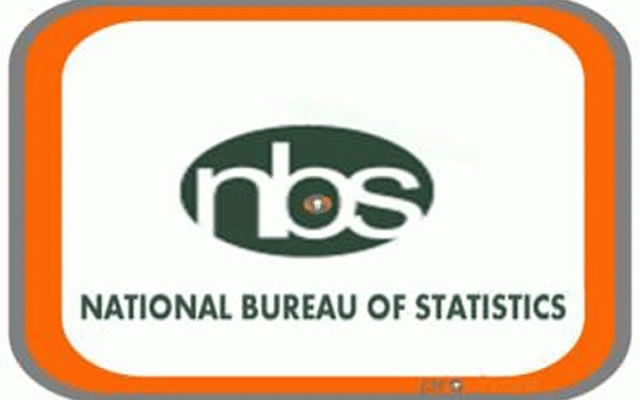
According to data from the Federation Account Allocation Committee as published by the National Bureau of Statistics, Nigeria’s 36 states collectively received N39.62 billion in ecological funds from June 2023 to June 2024.
The ecological fund serves as a vital component of Nigeria’s federal revenue allocation, specifically earmarked to address various environmental issues nationwide such as erosion, desertification, flooding, oil spills, and drought.
Established in 1981, the fund is sourced from the Federation Account at a two per cent rate with the main objective of aiding all government levels in addressing ecological challenges. The disbursement of these funds is overseen by the Ecological Fund Office under the Office of the Secretary to the Government of the Federation.
In the past year, the Federal Government allocated N39.62 billion among the 36 states based on the severity of environmental challenges they face.
Kano State topped the list with N2.1 billion, averaging N175 million monthly, followed by Borno State at N1.68 billion to combat environmental issues linked to the insurgency.
Recent heavy rainfall led to disruptions, including rendering a part of the Kano-Maiduguri highway impassable, affecting various states.
The Minister of Works, Senator David Umahi, announced the termination of the Kano-Maiduguri road project’s contract due to delays, ordering an immediate assessment of the project’s status.
A report by the United Nations Office for the Coordination of Humanitarian Affairs highlighted severe weather incidents that affected over 124,000 individuals in Borno, Adamawa, and Yobe states from April to July 2024.
The report noted the increase in weather-related incidents, intensifying challenges for the over a million internally displaced persons (IDPs) in the affected states.
Borno State had the highest number of affected IDPs. The report mentioned significant damage to camp infrastructure, exacerbating the already critical situation.
Ecological fund distribution to states varied, with top recipients including Lagos, Kaduna, and Sokoto, while states like Kwara, Bayelsa, and Ondo received lower allocations.
The funds allocated aimed at addressing specific environmental issues in each state, such as erosion, deforestation, and flooding, underscoring the fund’s importance in financing environmental projects nationwide.
Accountability concerns were raised by experts like Victor Agi, advocating for better transparency in fund management and targeting of interventions to effectively mitigate environmental disasters like recurring flooding.
Tobi Awolope, an environmental economist, stressed the need for impact assessments to evaluate fund utilization and ensure interventions reach the intended beneficiaries for improved ecological restoration and disaster prevention.
